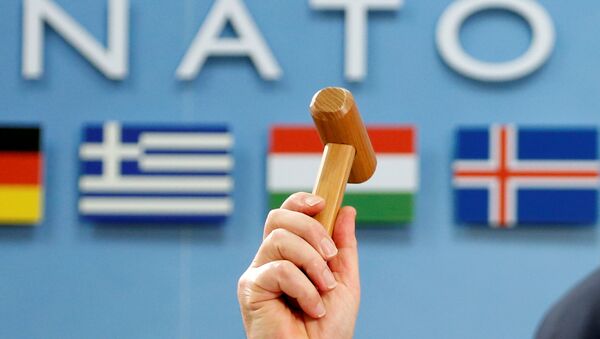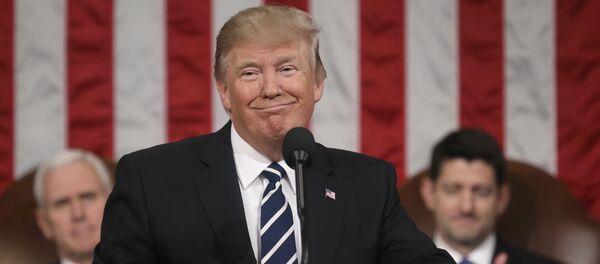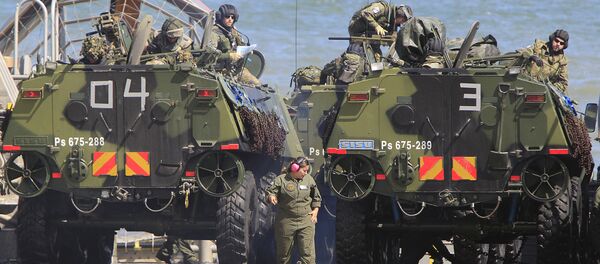According to the NATO treaty, “an armed attack against one or more [members] shall be considered an attack against them all,” and allies may use any action necessary for defense. In recent years, this has been expanded to include cyberattacks and hacking.
“It is a political decision, but it is not out of the question that aggression, blatant aggression, in a domain other than conventional warfare might be deemed to be Article Five,” Bradshaw told The Times. Article Five deems an attack on one member state to be “an attack on all.” He further declared that this would go into effect, “when it’s declared to be.”
“It is hard to imagine any future conflict that doesn’t include a substantial cyber element.
“It’s not just the threat of overt military attack, but it’s a raft of other measures, including covert, paramilitary, and non-military activities, some of which will be coordinated by the intelligence arms of Russia,” Bradshaw said in January at a Council on Foreign Relations event.
“And we as NATO need to have our antenna tuned to the signs that this sort of hostile activity is going on,” he added.
Bradshaw’s statements come as Democrats, and a few anti-Trump neo-conservative Republicans, continue to scramble to link members of the Trump administration to Russia.
In January, Republican Senator John McCain declared that Russia was a bigger threat to the United States than ISIS, and repeatedly echoed former Democratic candidate Hillary Clinton’s calls for the use of military force against Moscow.



